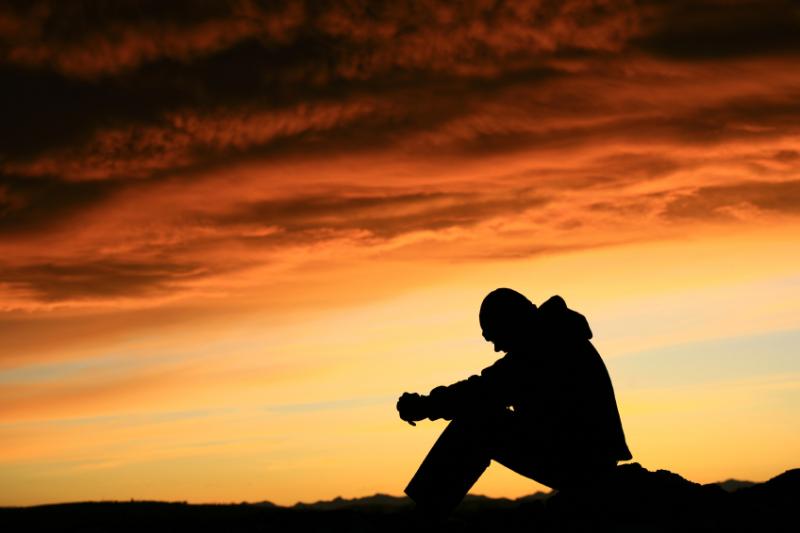Don’t stand by
Author:
Chabad Intown
Date:
December 31, 2015
Tags:
Moses
I have always marveled at Judaism’s compassion for the pain and suffering experienced by people. The laws surrounding death, burial, shiva and the mourning period are sensitive to the phases of mourning and the laws surrounding it reflect that sensitivity. Jewish philosophy and mysticism analyze suffering without giving Gd a pass but also not being overbearing on the sufferer. One needs to delve into the teachings in order not to embrace the stereotypical perspective that the secular world has on “fundamentalist” religion.
One such example of this compassion is demonstrated by our first teacher, Moses at the end of the weeks Torah portion.
The Jewish people enter into Egypt at the end of the book of Genesis and in this weeks portion the slavery begins. Moses is called upon by Gd at the burning bush to go before Pharaoh. He does as instructed and instead of finding respite, the Jewish peoples’ workload is increased.
Moses heads away from the palace and calls out; “God, why have You mistreated this people? Why have You sent me? For since I went to Pharaoh to speak in Your name, he has made things worse for this people, and still You have not delivered Your people!”
At first glance it appears that Moses is questioning G-d and doubting G-d’s knowledge in the very plan he asked Moses to be a part of.
In fact however, Moses is teaching us how to react to suffering of others. When we see suffering we are not to respond to them and say there is a master plan, just hang tight and it will all get figured out. In our heart and in our faith we believe that fully, but to react that way is insensitive to the suffering of others and is not what G-d wants of us. G-d wants us to question Him. To ask and beg Him to remove the suffering of those around us, to give us the ability to see the master plan and why indeed bad things happen to good people.
The question can only be asked properly from a place of faith. It is because we believe that G-d is involved that it makes the injustice of the suffering so much greater. The question is to be asked with respect but with pain and hurt for those around us.
So the next time you see suffering, don’t be cynical and don’t be callous, rather call out with respect and deep faith to the Almighty and beg of Him to remove the suffering and give us an understanding of His inner workings.
Have a great Shabbos!


Enjoying what
you've read?
Here's more.


Yay you did the right thing
Rabbi Schusterman
In our new sensitive world, here is a sensitive thought that is as old as the Torah. For many years...














